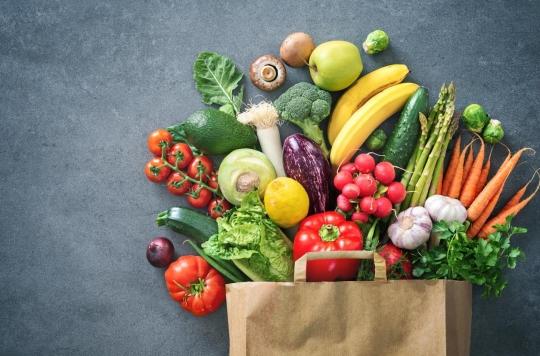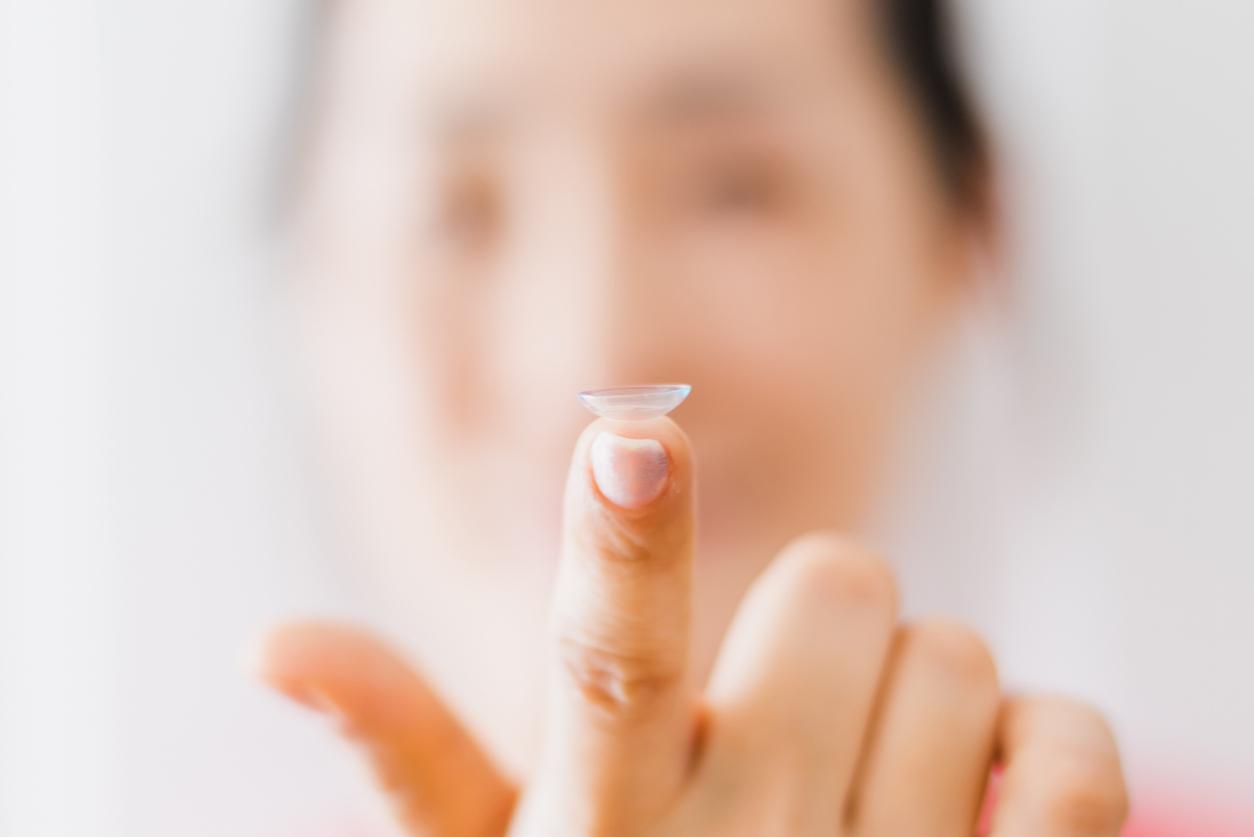The consumer association UFC-Que Choisir reveals that more than 50% of fruits and vegetables from conventional agriculture contain traces of substances that can be dangerous to health.

- Organic foods are less contaminated with health-threatening pesticides. Most of the time, this would be due to the widespread pollution of the environment.
- UFC-Que Choisir calls for pesticide authorization procedures to be reviewed by the authorities to be stricter.
It’s a study you’ll think about the next time you go shopping. According to the consumer association UFC Que-Choisir, more than half of the fruits and vegetables that come from conventional agriculture carry at least one potentially dangerous substance: endocrine disruptors or pesticides suspected of being carcinogenic, toxic for reproduction. (which alters the fertility or health of offspring) or DNA.
150 substances toxic to health
“Among the most contaminated foods, we find apples (80% of the samples) where fludioxonil is frequently detected (48% of the samples), a fungicide suspected of being an endocrine disruptor, or even almost all of the cherries (92% of the samples) notably contaminated with phosmet (47% of the samples), an insecticide suspected by the European Food Safety Authority (EFSA) of being toxic for the reproductive function”, explains UFC Que Choisir.
To achieve these results, UFC-Que Choisir relied on analyzes carried out in 2019 on more than 14,000 foods present on the French market. Conclusion: more than 150 risky substances, that is to say mutagenic, reprotoxic, endocrine disruptors or even carcinogens, are present in our food. Among them was also glyphosate, a chemical present in various herbicides to eliminate unwanted plants.
According to the association, 27.4% of the grapefruits analyzed contain pyriproxyfen. This substance is “strongly suspected to be an endocrine disruptor and to have contributed to head and brain malformations seen in Brazil”. Thus, the foods of plant origin that we ingest daily would not be good for our health. In question, still according to UFC-Que Choisir, the many flaws in European regulations.
Eat organic food
Thiacloprid, for example, has been found in certain products in our diet. It is an insecticide recognized by the European Toxic Products Agency since 2015 as toxic for reproduction. It has been banned in France since 2018 and in Europe since 2020. But with the system of “derogations”, some countries such as Estonia, Austria and Finland continued to use thiacloprid in 2021 despite the ban.
But then what to eat? The UFC-Que Choisir advises to opt for organic foods, which represented 700 foods out of the 14,000 analyzed. The latter are contaminated with hazardous pesticides but “on average four times less often”. There are about sixty natural pesticides authorized for organic food. Among them, only neem oil is potentially dangerous to health, but this substance was not found in the foods analyzed in 2019.
.

















